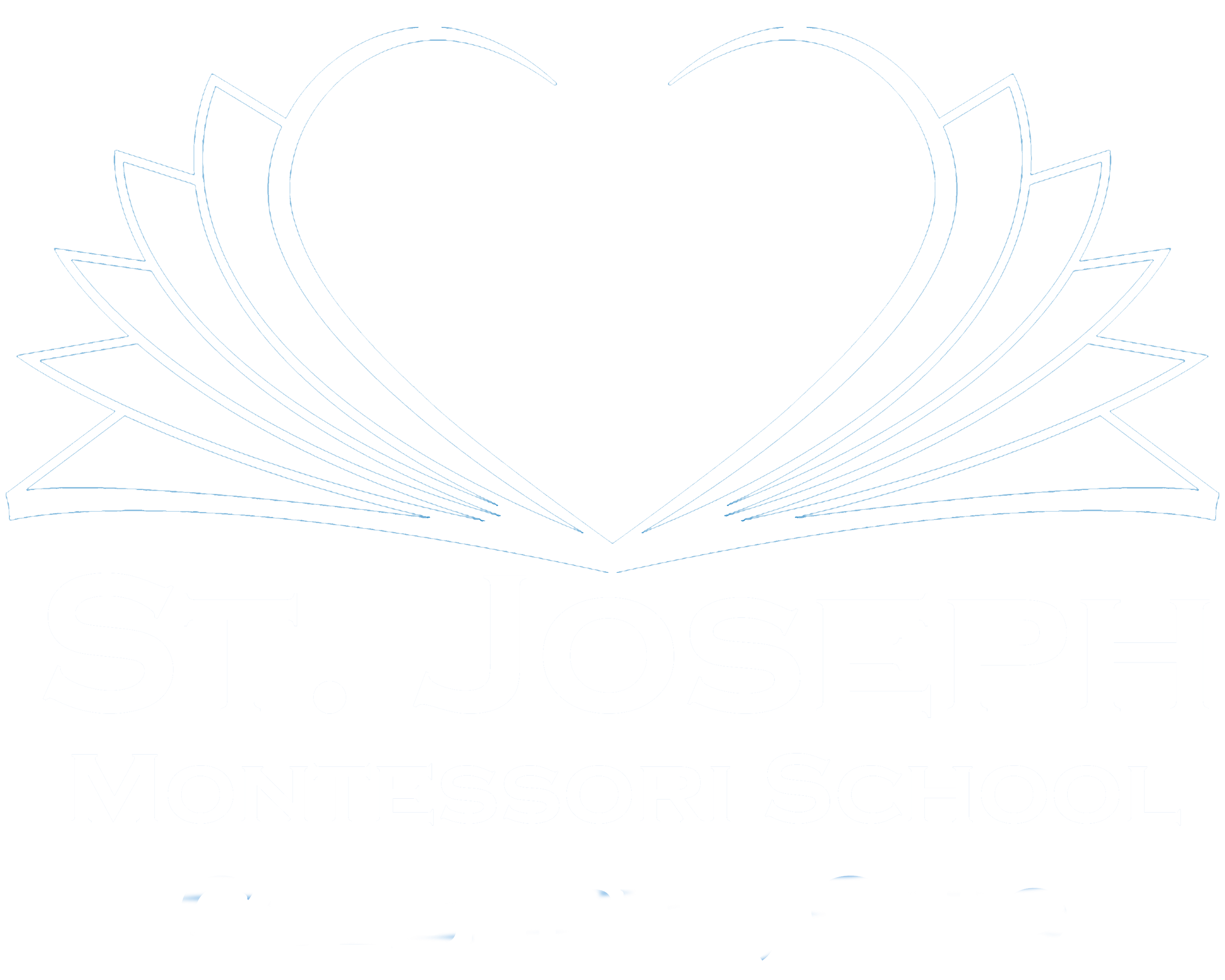Ready, Set, Fail!
The Art of Making Mistakes
By Sarah Weber, AMI, M.Ed
Failure is inevitable. Mistakes are guaranteed. Our work as guides for children and adolescents dwells not in avoiding failure and mistakes. It lives in the short neuron connection between each failure and the way we choose to engage it. We are the voice that our children hear during these moments. We get to be the role models that consistently navigate mistakes with a growth mindset.
Growth mindset is a frame of mind that allows mistakes and setbacks to be part of the learning experience. A Fixed Mindset is a frame of mind that sees mistakes and setbacks as the end to a learning experience. For example, imagine a student has just checked their work for accuracy and three of the answers were incorrect. Growth Mindset would be their internal dialogue saying “I wonder what I did wrong here? I am going to figure it out and if I need extra support I will ask a classmate or adult.” Growth Mindset leads with curiosity and the goal of continued improvement. Fixed Mindset would say “I guess I’m just not very good at those problems and I never will be. I am going to go do something else.” This internal dialogue leads with the idea that abilities are set in stone and sees struggles as barriers rather than opportunities. How children and adolescents speak to themselves comes from what they see and hear around them.
The way that the people around us cultivate their feelings toward mistakes inevitably becomes an option for how we choose to experience them. Growth Mindset is an intentional lifestyle that gets to be built and practiced. It takes time, encouragement, self-worth, and confidence for each person to be successful in making these positive connections to each failure; no matter how big or small.
At home, this can be modeled by giving your own internal dialogue a voice that your child can mimic. When you make a mistake, say out loud “Oh no! That is not what I was hoping for. That’s okay. That happens sometimes. Let me think about how I can do this again.” It may also be helpful to understand when to intervene and correct. When intervention and correction are adult-led, self-correction becomes minimized and correction becomes dependent on someone else. Often this work is not easy for the adults or the children/adolescents that we want to support. Below you will find a few table-talk opportunities to practice having a growth mindset perspective with your child:
Your friend is studying for a hard test and is worried they will miss a lot of questions. What can you say to them?
A classmate feels foolish anytime the teacher calls on them and they don’t know the answer. How can you support them?
Your sister wants to try out for a play, but is nervous she won’t be good enough. What can you say to her?
You have a long math assignment to complete. What words of support could you say to yourself?
What is one academic skill that is a strength of yours? How could you continue to improve?
What is one academic skill that is a challenge for you? How could you continue to improve?
In the classroom, this work can be seen in the prepared Montessori environment through the use of “controls of error” for each activity. Sometimes this is experienced when the pieces fail to fit together. Sometimes this is seen when a child completes a work, uses the control of error (ie. answer key) and sees that their answer does not match what is on the control. This is an opportunity for growth and experience. This intentional inclusion of providing answers allows the child to be independent as they check their own work and move directly toward curiosity: “Why did I get the answer I got?” “How was my brain seeing this work?” “How can I work backward from the answer in order to understand the problem?” It is through the use of independent thinking and observation, that the Guide is available to see where each child is experiencing successes and navigating challenges.
Games allow opportunities to experience mistakes and failure in a low stakes way.
There is beauty and potential in failing and making mistakes. The fine line we walk to support independence and growth while also ensuring support and unconditional love is hard. Thank goodness that we can do hard things. 💙




